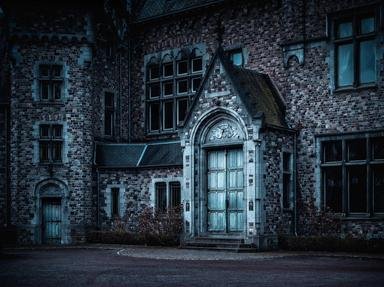
The Curse, it is Cast Trivia Quiz
Macbeth's Witches
The witches are a malign influence over Macbeth, and Act 4, Scene 1, shows them at their worst, concocting a potion. You just need to fill in the blanks in this well known quotation.
by rossian.
Estimated time: 3 mins.
- Home
- »
- Quizzes
- »
- Literature Trivia
- »
- Shakespeare
- »
- Macbeth